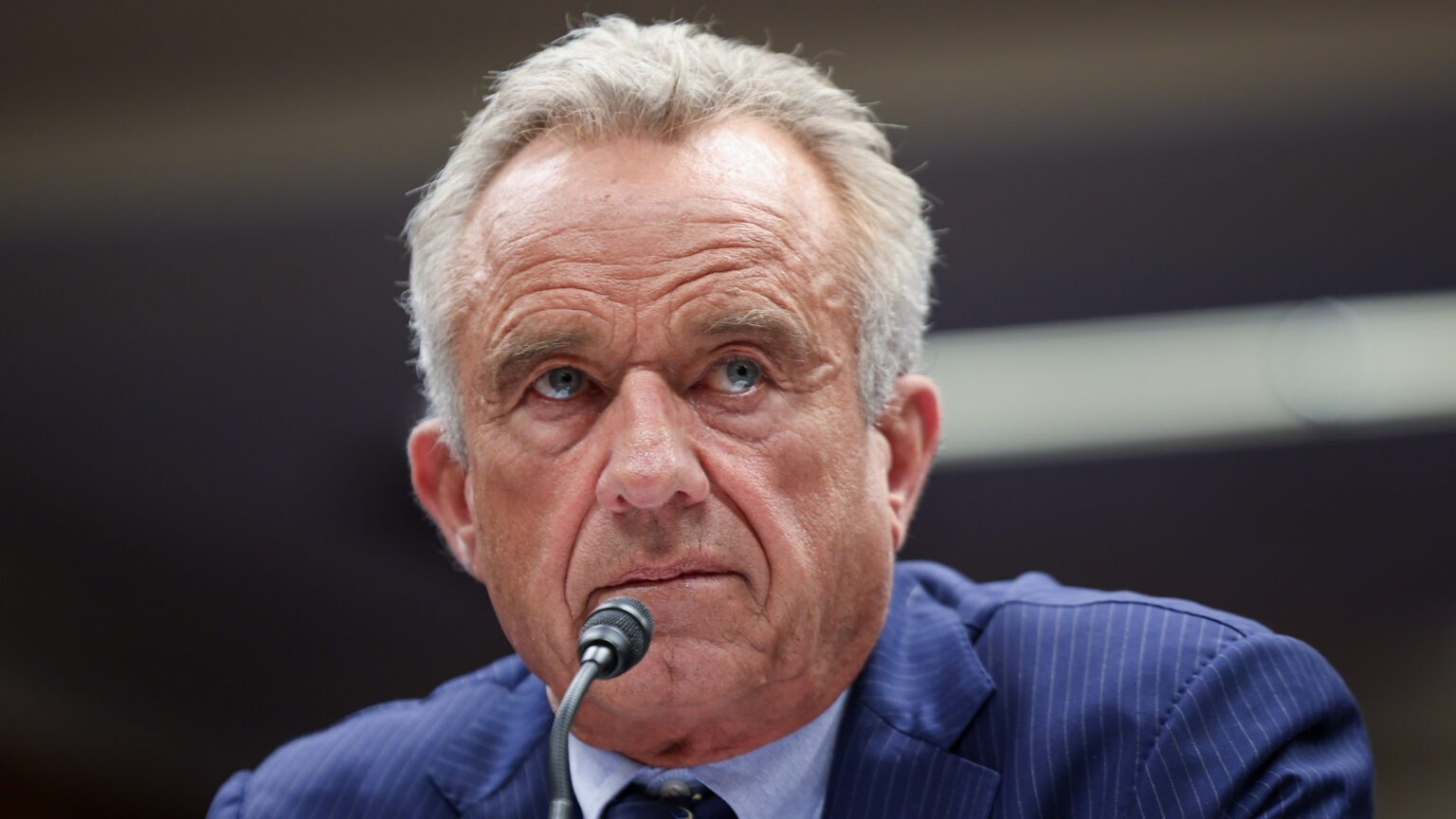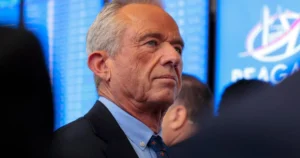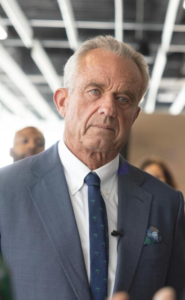In a controversial move that has reignited intense debate, Health and Human Services Secretary Robert F. Kennedy Jr. is targeting the Vaccine Injury Compensation Program (VICP)—a foundational pillar that protected childhood immunizations in the U.S. and prevented manufacturers from exiting the market. His proposed overhaul threatens to undo protections established in the 1980s, potentially destabilizing vaccine availability and public health.
Why RFK Jr.’s VICP overhaul matters
The Vaccine Injury Compensation Program was born from a crisis in the 1980s when mounting lawsuits threatened vaccine production in the U.S. Under VICP, manufacturers enjoyed protections while individuals with rare adverse reactions received fair compensation without major barriers. This dynamic stabilized the childhood immunization landscape.
Kennedy now claims the program removes incentives for pharmaceutical companies to ensure vaccine safety. By broadening eligibility, extending deadlines, trimming covered vaccines, and challenging the program’s structure, he may inadvertently—or intentionally—drive manufacturers out of the market.
How did we get here? Political and scientific tension
As part of his Make America Healthy Again (MAHA) agenda, Kennedy has already orchestrated sweeping changes, dismissing scientific advisory boards, slashing NIH and CDC budgets, and replacing ACIP members amid alarm over resurging measles outbreaks.
The backlash has been fierce: experts warn that undercutting vaccine guidance and compensation frameworks risks lowered vaccination rates, legal chaos for companies, and a public health emergency. The dismantling of vaccine policies—even without abolishing FDA approval—could cripple longstanding immunization programs.
What exactly is RFK Jr. proposing?
a. Expanding eligibility for compensation
Kennedy wants to allow broader timelines—beyond the current three-year statute—for filing claims, acknowledging late-onset conditions. But experts warn this change could overload VICP’s fund and burden taxpayers. His HHS team is minimally staffed, further straining capacity. ProPublica
b. Altering vaccine protection lists
He reportedly plans to reduce which vaccines fall under VICP, opening manufacturers to lawsuits for vaccines such as COVID-19 or flu—potentially the same scenario that prompted manufacturers’ exodus in the 1980s.
c. Overhauling adjudication standards
Kennedy’s rhetoric suggests a switch from punitive restraint to more lenient standards in proving claims. This risks lowering the bar for compensation, even for conditions like autism or autoimmune ailments, despite established scientific consensus disproving causation.
The ripple effects: vaccine supply and public health at stake
Today, only a few vendors produce essential vaccines in the U.S. Any legal upheaval could cause them to withdraw or hike prices, igniting shortages. ProPublica
If manufacturers pull out, federal vaccine programs like Vaccines for Children and ACIP-driven insurance recommendations could collapse, leading to increased infection rates, uneven access, and lower public trust. Experts warn this could set off a public health chain reaction. The Washington Post
Expert alarm and political response
Health leaders—including former CDC director, Dr. Ashish Jha, and infectious disease specialists—sound the alarm. They’ve accused Kennedy of dismantling science-backed immunization infrastructure and urged Congress and states to step in. Some have even filed lawsuits to block staff purges and ACIP changes.
“Removing or altering ACIP recommendations would directly limit vaccine access for low-income children,” warns Jha. Former CDC leadership voices clear concern about derailing decades of disease prevention work. TIME
What comes next—Congress, courts, or the public?
This isn’t straightforward. Kennedy operates within Trump’s administration, undergirded by a Supreme Court decision that empowered his reforms. But key decisions—like modifying VICP funding or decision criteria—require Congress or judicial review. Legal challenges are already underway.
Opposition runs across party and institutional lines, from federal courts blocking reorganizations to bipartisan lawmakers and health groups considering legislative pushback or structural reforms.
Conclusion: A crossroads for American vaccine policy
RFK Jr.’s VICP agenda may position him as a reformer aiming for “pro‑safety transparency.” But critics argue it threatens to destabilize decades-held vaccine protections, opening the door to dwindling supplies, increased litigation, and a damaging trust crisis. The result could significantly reshape public health.
Ultimately, the fate of U.S. immunization systems hangs in the balance, with Congress, federal courts, and state health leaders likely to play critical roles in determining whether the VICP survives intact or is reshaped so radically that manufacturers exit and society bears the cost.
Subscribe to trusted news sites like USnewsSphere.com for continuous updates.





